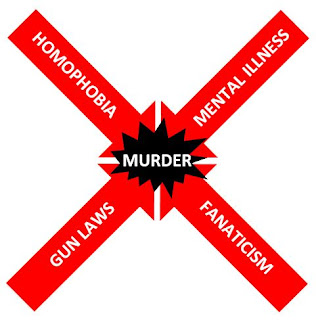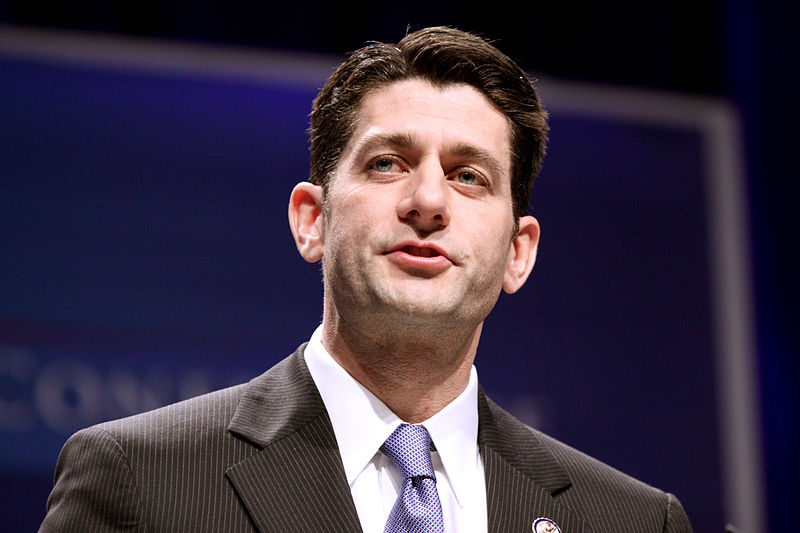Yesterday President Obama joined Prime Minister Justin Trudeau of Canada and President Enrique Peña Nieto of Mexico for the Three Amigos Summit in Ottawa. After the departure of President Peña Nieto, bromancers Trudeau and Obama proceeded to Parliament Hill, where the latter delivered a speech to an adoring House of Commons, and a good time was had by all.
The speech was one of Obama's finest, elegant, eloquent, and highly pertinent to the times we live in; it is well worth your time to listen to. Excerpt:
We meet at a pivotal moment for our nations and for the globe. From this vibrant capital, we can look upon a world that has benefited enormously from the international order that we helped to build together’ but we can see that same order increasingly strained by the accelerating forces of change. The world is by most every measure less violent than ever before; but it remains riven by old divisions and fresh hatreds. The world is more connected than ever before; but even as it spreads knowledge and the possibility of greater understanding between peoples, it also empowers terrorists who spread hatred and death -- most recently in Orlando and Istanbul.
The world is more prosperous than ever before, but alongside globalization and technological wonders we also see a rise in inequality and wage stagnation across the advanced economies, leaving too many workers and communities fearful of diminishing prospects, not just for themselves, but more importantly, for their children.
And in the face of such rising uncertainty, it is not enough to look at aggregate growth rates, or stock prices, or the pace of digital innovation. If the benefits of globalization accrue only to those at the very top, if our democracies seem incapable of assuring broad-based growth and opportunity for everyone, then people will push back, out of anger or out of fear. And politicians -- some sincere, and some entirely cynical -- will tap that anger and fear, harkening back to bygone days of order and predictability and national glory, arguing that we must rebuild walls and disengage from a chaotic world, or rid ourselves of the supposed ills brought on by immigrants -- all in order to regain control of our lives.
We saw some of these currents at work this past week in the United Kingdom’s referendum to leave the European Union. Despite some of the initial reactions, I am confident that the process can be managed in a prudent, orderly way. I expect that our friends on both sides of the Channel will develop a workable plan for how to move forward. And I’m equally confident that the Transatlantic values that we all share as liberal, market-based democracies are deeper and stronger than any single event.
But while the circumstances of Brexit may be unique to the United Kingdom, the frustrations people felt are not. The short-term fallout of Brexit can be sensibly managed, but the long-term trends of inequality and dislocation and the resulting social division -- those can't be ignored. How we respond to the forces of globalization and technological change will determine the durability of an international order that ensures security and prosperity for future generations.
And fortunately, the partnership between the United States and Canada shows the path we need to travel. For our history and our work together speak to a common set of values to build on --proven values, values that your Prime Minister spoke of in his introduction -- values of pluralism and tolerance, rule of law, openness; global engagement and commerce and cooperation, coupled with equal opportunity and an investment in our people at home. As Prime Minister Pierre Trudeau once said, “A country, after all, is not something you build as the pharaohs build the pyramids, and then leave standing there to defy eternity. A country is something that is built every day out of certain basic shared values.”
Full text here.



















































